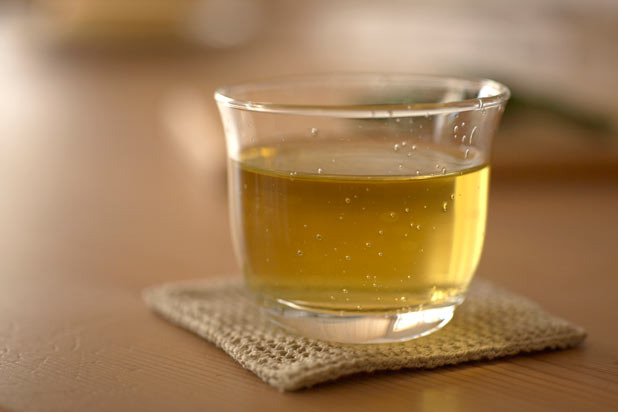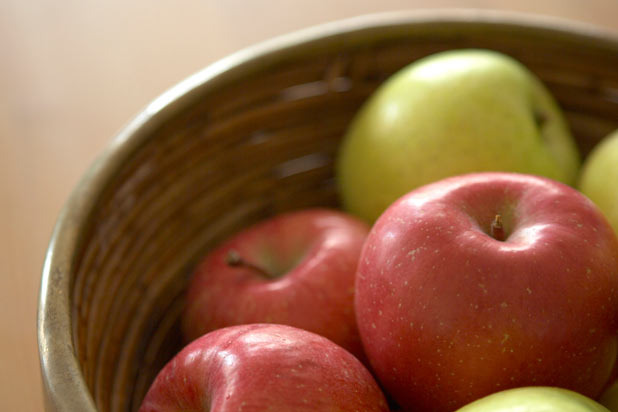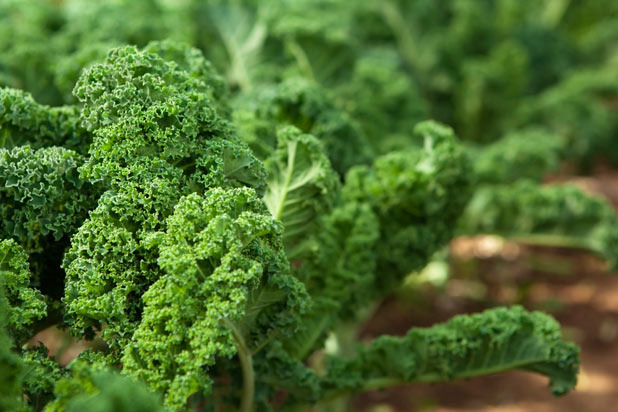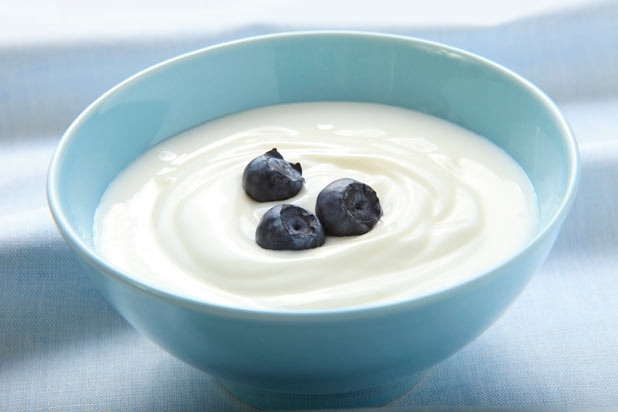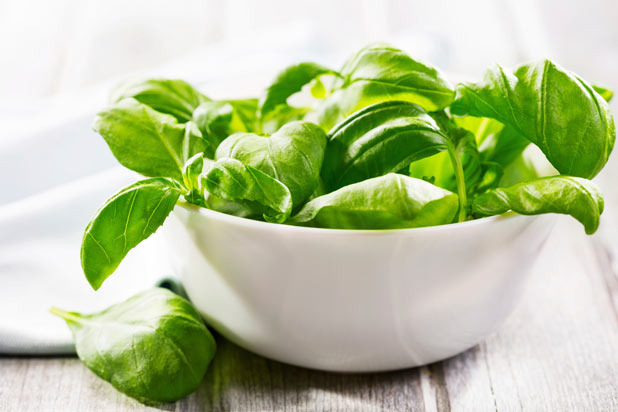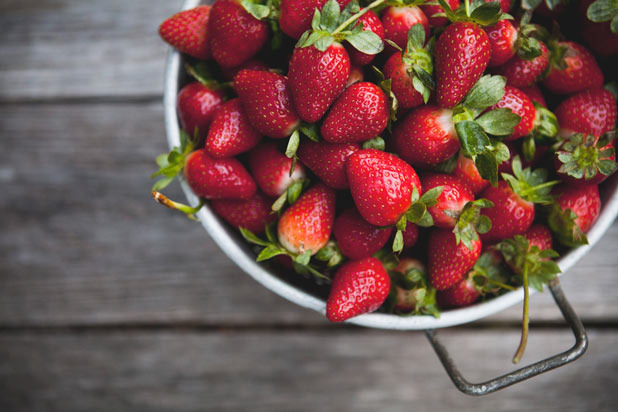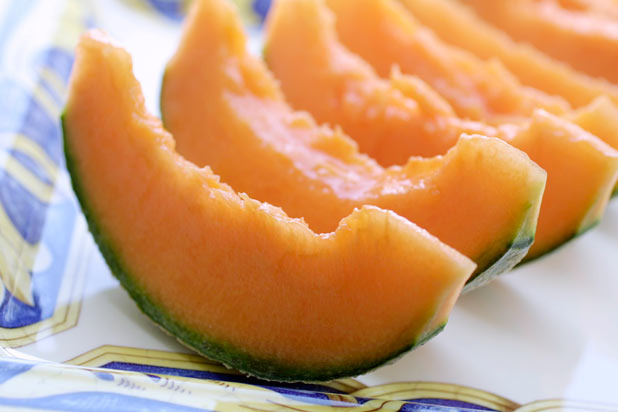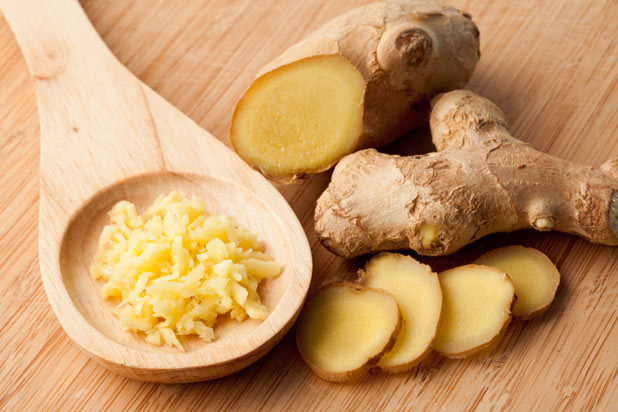10 Foods To Fight Bad Breath (Slideshow)
Fennel seeds are a common Indian remedy for bad breath because they help neutralize offensive odors and aid digestion. Eating the seeds also increases saliva that washes away bacteria from your mouth. Fennel oils have antibacterial properties as well, fighting germs that cause bad breath. The seeds can be picked up at health food stores.
Green Tea
Green tea is high in polyphenols, antioxidants that fight the growth of bacteria and also help reduce sulfur compounds. Green teas are also good for overall periodontal health, says Dr. Carlos. A downside, though, is that tea can stain teeth. To reap the benefits of this antioxidant-rich tea without these side effects, green tea extracts can be taken as a supplement, which have been proven to fight oral bacteria.
Apples
Apples are a great food to eat to keep your oral hygiene in check, mostly because of their natural detergent properties, says Dr. Grenn. When you bite into an apple, you're pushing plaque away from your teeth, thus eliminating the food matter that could cause bacteria in your gums and teeth.
Leafy Green Vegetables
As a general rule of thumb, if a food is good for your overall health, it will be good for your dental health, as well. Green leafy vegetables like spinach, lettuce, and kale are great for your health, and good for oral hygiene. Green vegetables keep your internal pH levels balanced and alkaline levels low, which in turn help prevent dry mouth, another cause of bad breath.
Green leafy vegetables also contain a high amount of chlorophyll that acts as a natural deodorizer. You can also take chlorophyll in capsules as a stronger internal deodorant.
Probiotic Yogurt
Probiotic yogurt is great for your digestive health, and therefore is an effective bad-breath neutralizer. Consuming yogurt with live active cultures lowers the amount of odor-causing sulfite compounds. It's also a good idea to add probiotic yogurts into your diet because they're a potent source of vitamin D, which fights mouth bacteria. Drinking kefir delivers the same odor-banishing benefits.
Water
Keeping hydrated is essential to fighting halitosis. Dry mouth creates an environment in which bacteria thrive. Water also acts as a cleanser that encourages saliva production, which is crucial for cleansing the mouth of food particles and bacteria.
Parsley and Basil
Parsley and basil are leafy greens that have the added benefit of being replete with chlorophyll, nature's internal deodorizer. Add parsley or basil into your green juice, add them to your salads, or eat them on their own to reap the benefits of their odor-neutralizing properties.
Strawberries
Strawberries, like many other fruits, are high in water content, and prevent dry mouth. They're also very high in vitamin C, and create an environment hostile to bacteria and germs. As an added bonus, vitamin C speeds up the healing process in the mouth, and boosts your immune system, too.
Berries, Melons, and Citrus Fruits
Fruits that are high in vitamin C levels scare away bad-breath-creating oral bacteria. Bacteria cannot thrive in environments high in vitamin C, and eating nutritious fruits has the added bonus of keeping breath fresh. Berries, melons, and citrus fruits also have a high water content, which hydrates the mouth and keeps bacteria at bay. As an added bonus, vitamin C also helps fight gingivitis.
Ginger
Ginger is an ancient remedy for upset stomachs, which can lead to halitosis. While it's great for settling the stomach, ginger also has the powerful effect of neutralizing bad breath. If you find yourself suffering from halitosis, pressed ginger combined with lemon juice mixed in equal parts with warm water creates a great natural at-home rinse to keep the unpleasant odors away.

